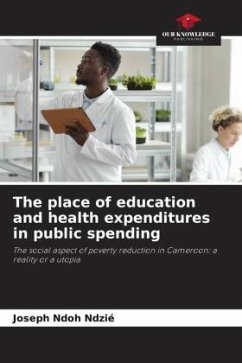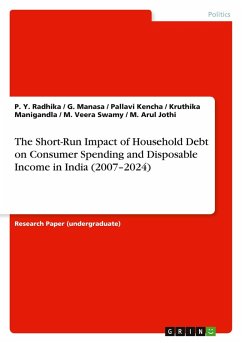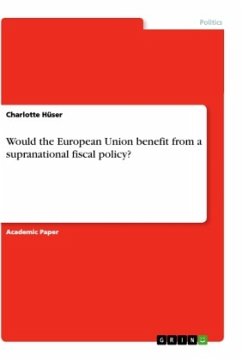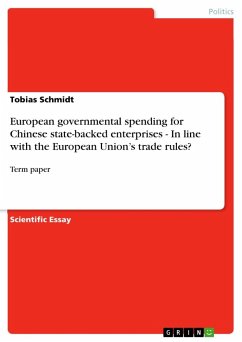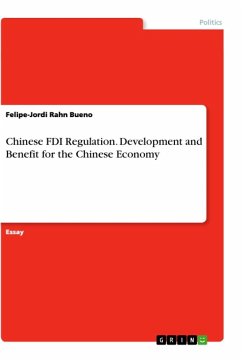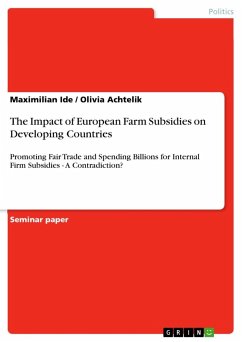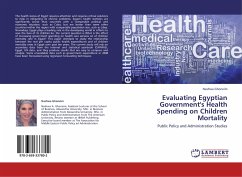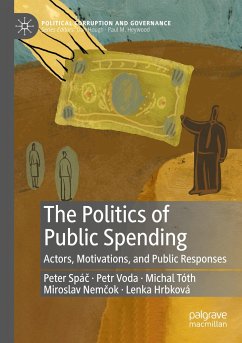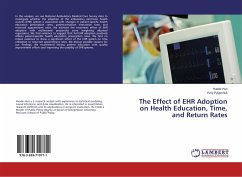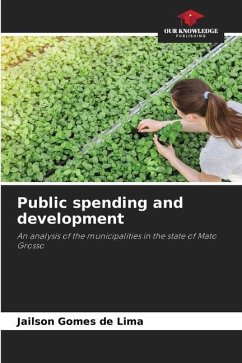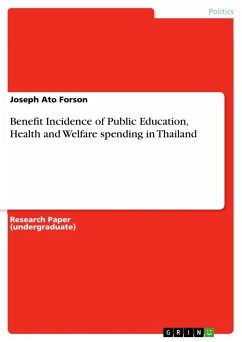
Benefit Incidence of Public Education, Health and Welfare spending in Thailand

PAYBACK Punkte
0 °P sammeln!
Research Paper (undergraduate) from the year 2013 in the subject Politics - Region: South Asia, National Institute of Development Administration, course: Fiscal and Monetary Policy Analysis and Management, language: English, abstract: In this paper, there is an attempt to compile evidence on the benefit incidence of public education and health spending in 2005 in Thailand. The 2005 data marks an improvement over Medhi Krongkaew's 1979 analysis due to changes in the creation of the quintile income groups and marked improvement in the data collected on the whole. This paper is used to ascertain ...
Research Paper (undergraduate) from the year 2013 in the subject Politics - Region: South Asia, National Institute of Development Administration, course: Fiscal and Monetary Policy Analysis and Management, language: English, abstract: In this paper, there is an attempt to compile evidence on the benefit incidence of public education and health spending in 2005 in Thailand. The 2005 data marks an improvement over Medhi Krongkaew's 1979 analysis due to changes in the creation of the quintile income groups and marked improvement in the data collected on the whole. This paper is used to ascertain which income groups tend to benefit more from social spending. The paper also explores the relationship between benefit incidence on the one hand and indicators of access to education and health services and social outcomes on the other using simple measures of association. In addition, the paper explores the policy implications of these findings. In general, there is an attempt to enhance the position of the poor as the total (all) post-expenditure saw a major improvement in the Gini coefficient to record 0.2818 from 0.3056 or a rate of improvement of 2.38%. On the basis of these findings, it could be concluded that government's interventions or subsidies on the two functional areas is pro-poor or progressive as it seeks to favor the poor. This will enhance the position of the poor as to accessing these two facilities in Thailand. We make a number of policy recommendations to enhance government's efforts in eradicating poverty in the not distant future.




